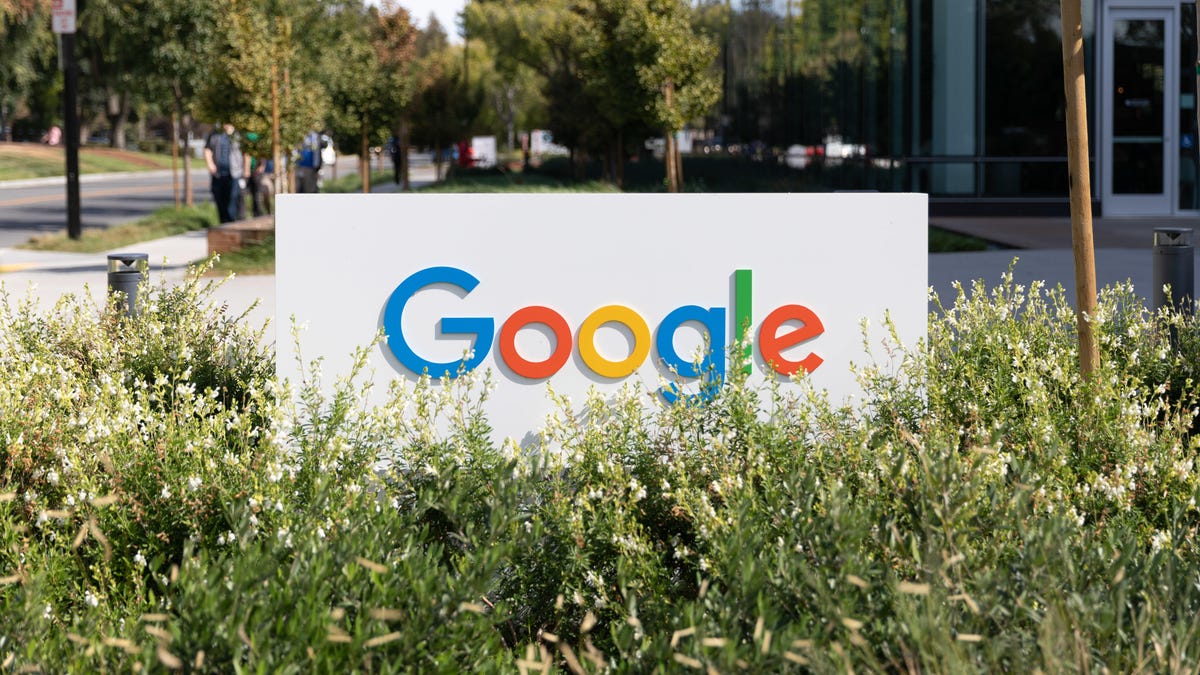Google beats sales expectations despite economic toll of coronavirus
But the search giant warned of a "difficult" second quarter.

CFO Ruth Porat warned of a slide in sales that could be coming.
The coronavirus pandemic continues to take a toll on the global economy, but Google's parent company, Alphabet, has so far weathered the storm. The search giant on Tuesday reported better-than-expected sales for the first quarter of the year, though it warned of a "significant slowdown" of revenue in March after the COVID-19 crisis began to take hold.
CEO Sundar Pichai, on a call with analysts, said the stark contrast was a "tale of two quarters."
The report gives investors and the public a glimpse of how the pandemic has affected one of the most powerful companies in the world. Alphabet was the first major tech giant to announce its business performance for the first quarter -- Facebook, Twitter, Apple and Amazon will report later this week -- so its financial snapshot could also be a preview of how other Silicon Valley juggernauts might fare amid the crisis.
For the quarter ended March 31, Alphabet revenue grew 13%. The company tallied $41.15 billion in sales, beating analyst estimates of $40.33 billion. But earnings per share were $9.87, falling short of expectations of $10.33 per share, according to Thomson Reuters.
"Given the depth of the challenges so many are facing, it's a huge privilege to be able to help at this time," Pichai said in a statement. "People are relying on Google's services more than ever and we've marshaled our resources and product development in this urgent moment."
Coronavirus updates
But while the company managed to top revenue expectations for the first quarter, CFO Ruth Porat warned of a slide in sales that could be coming. "Performance was strong during the first two months of the quarter, but then in March we experienced a significant slowdown in ad revenues. We are sharpening our focus on executing more efficiently, while continuing to invest in our long-term opportunities," she said in a statement. On the analyst call, she was more direct: "We anticipate the second quarter will be a difficult one for our advertising business."
Alphabet shares rose almost 9% in after-hours trading.
'Significant and lasting' changes
Google's advertising revenue, which makes up around 85 percent of the company's annual sales, was expected to take a hit as marketers across several industries pull back their ad budgets. Travel and entertainment ads, normally plentiful across Google's platforms, have been especially scarce as people cancel trips and movie studios push back their major movie releases. For example, Expedia, which usually spends $5 billion a year said it probably won't crack $1 billion in ads this year.
For weeks, there have been signs Alphabet was feeling the weight of the economic downturn. Earlier this month, Pichai told employees the company is slowing down hiring for the remainder of the year, as the search giant focuses on a few important categories.
Pichai has said the company would "dial back" plans in areas that aren't critical to the company's success. Alphabet hired 20,000 people in 2019, he said, and would've been poised for similar growth this year. Alphabet is also reportedly cutting its marketing budgets by as much as half for the second half of 2020.
On the call, Pichai also gave an update on how people are using Google's products during the pandemic. Google Meet, the company's teleconferencing service and a rival to Zoom, is adding 3 million new users a day, up from 2 million a day earlier this month. Pichai also said people are using Android apps more, as well. App downloads from Google Play, the company's digital marketplace, rose 30% from February to March.
Pichai predicted the world would be a different place after it moves past the coronavirus emergency. He said businesses and institutions would increasingly move to digital work, especially in education, entertainment and medicine. "These changes will be significant, and lasting," he said.

